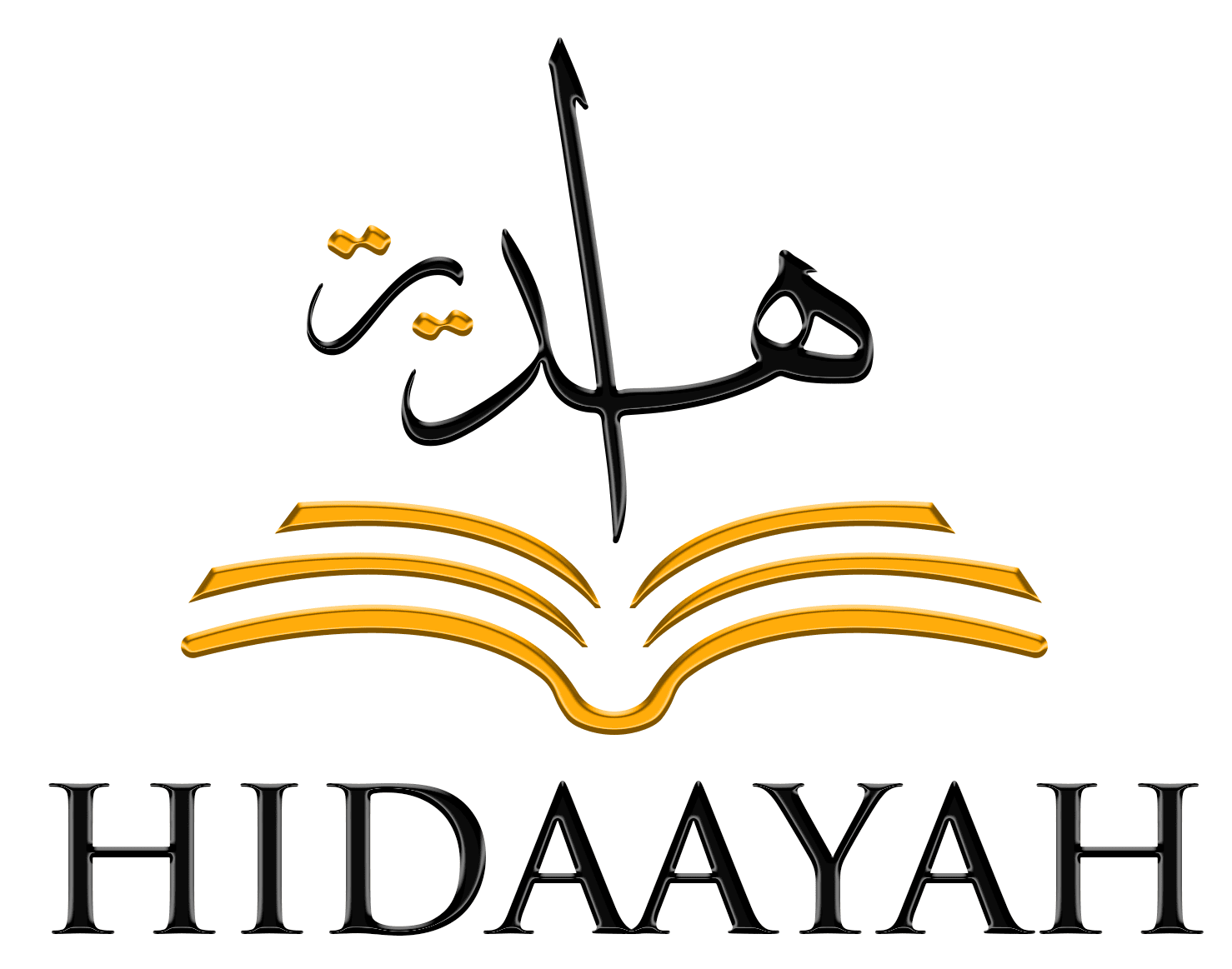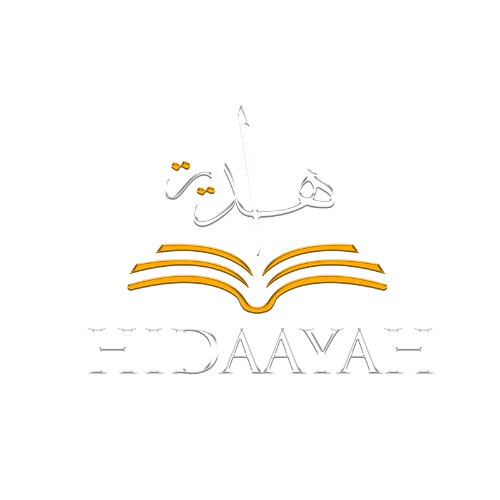Terms of Service and Code of Conduct
Academic Misconduct
Academic misconduct is defined as a violation of the Institute’s standards of academic integrity whether these violations are intentional or unintentional. Academic misconduct consists of cheating on an exam, plagiarism on an academic assignment, or unauthorized collaborative work.
Evidence of academic misconduct may include, but is not limited to, the following:
-Some of the student’s work coincides with or closely paraphrases a source that is not properly acknowledged.
-Glaring coincidences in the work of students on exams, papers, problem sets, etc., where cooperation in producing the work was not permitted.
-Submission of the same work in more than one course. When submitting any work to an instructor for a course, it is assumed that the work was produced specifically for that course. Submission of the same work in more than one course without prior approval is prohibited.
Sources that must be acknowledged include, but are not limited to, lab manuals, books, articles in books, journal articles, and web pages, along with graphs, charts, tables, data sets, etc., in any of the sources just mentioned. Proper acknowledgment must indicate both the source and how it served as a source for any specific portions of the student’s assignment.
The informal nature of some writing may obviate the necessity of rigorously formal citation, but still requires honest attribution to original authors of all borrowed materials. Students should feel free to consult with instructors whenever there is doubt as to proper documentation.
Assault, Endangerment, or Infliction of Physical Harm
Physical restraint, assault, or any other act of violence or use of physical force against any member of the community, or any act that threatens the use of physical force is forbidden. Conduct—whether reckless or intentional—that a person knows, or which any reasonable person under the circumstances would know, places oneself or another at risk of bodily harm is subject to disciplinary action, whether or not the risk is realized. The faculty, in consultation with the Vice President and Dean of Students, will review the conduct and the circumstances in which it occurred and decide whether it falls under a minor or major adjudication, or to refer it to the Institute Judicial Committee for adjudication. The more reckless the conduct and the greater the risk of serious bodily harm and/or the greater the actual bodily harm caused, the greater the likelihood of a severe sanction.
Bullying, Intimidation, and Stalking
Bullying. Bullying includes any electronic, written, verbal, or physical act or a series of acts of physical, social, or emotional domination that is intended to cause or any reasonable person should know would cause physical or substantial emotional harm to another person or group. Bullying conduct may not only cause a negative effect on individuals targeted, but also others who observe the conduct. Bullying conduct is severe, persistent, or pervasive and has the effect of doing any of the following:
(i) substantially interfering with a community member’s education, employment, or full enjoyment of the Institute;
(ii) creating a threatening or intimidating environment;
(iii) substantially disrupting the orderly operation of the Institute; or
(iv) unreasonable actions directed towards an individual (or a group) resulting in intimidating, degrading, humiliating, or undermining behavior that creates a risk to the health or safety of individuals.
Bullying is prohibited, and participating in such acts will result in disciplinary action and/or expulsion from Hidaayah Institute.
Intimidation. Intimidation is any verbal, written, or electronic threats of violence or other threatening behavior directed toward another person or group that reasonably leads the person(s) in the group to fear for their physical well-being. Intimidation is prohibited and will result in disciplinary action.
Stalking. Stalking is engaging in a course of conduct, repeated acts or communication toward another person, including unauthorized following, which demonstrate either an intent to put another person in fear of bodily injury or cause the person substantial emotional distress.
Anyone who attempts to use bullying, intimidation, or stalking to retaliate against someone who reports an incident, brings a complaint, or participates in an investigation will be in violation of retaliation as described within this Handbook and will be subject to disciplinary action including expulsion.
Discrimination, Including Harassment, Based On A Protected Class
Discrimination, including harassment, based on a protected class is defined as unreasonable, unwelcome conduct, based on an individual’s sex, race, color, age, religion, national or ethnic origin, sexual orientation, gender identity or expression, pregnancy, marital status, medical condition, veteran status, disability, or any other legally protected classification, that objectively and subjectively harms the person by severely, persistently, and/or pervasively denies the person equal access to educational opportunities, residence and community life, or terms and conditions of employment. This type of discrimination can occur in any form and can be directed at individuals or groups. Depending on the severity of the circumstances, infractions may be resolved through a variety of appropriate methods, ranging from informal, remedial steps, including training, counseling, or mediation to disciplinary action, up to and including suspension or expulsion. In all cases, the Institute encourages individuals to seek support and assistance as soon as possible. Before any behavior can be considered for the student conduct process, it must be clear that no substantial free expression interests are threatened by bringing a formal charge of discrimination. If a person has been subject to discrimination including harassment on the basis of a protected classification, as described above, the student should consult with the director of equal opportunity and engagement for guidance.
The Institute’s Sexual Assault and Harassment Policy specifically prohibits all forms of sexual misconduct, including sexual harassment, sexual assault, sexual exploitation, indecent exposure, intimate-partner violence, dating violence, and domestic violence, retaliation, stalking, and other misconduct that is sex or gender based, or in the context of an intimate partner relationship including: bullying and intimidation, stalking, physical assault, and discrimination.
If a person has been subject to sexual misconduct in any form, the person should consult with the Title IX coordinator for guidance and resolution of sex or gender based complaints under the Sexual Assault and Harassment Policy.
Disorderly Conduct
Students at Hidaayah Institute have the right to express their views, feelings, and beliefs inside and outside the classroom and to support causes publicly, including by demonstrations and other means.
These freedoms of expression extend so far as expression does not impinge on the rights of other members of the community or the orderly and/or essential operations of the Institute.
Disorderly conduct is a violation that prevents the orderly operation of the Institute, which includes, but is not limited to:
1. Excessive noise, which interferes with classes, Institute offices, residence hall neighbors, or other campus and community activities;
2. Unauthorized entry into or occupation of a private work area or closed meeting;
3. Conduct that restricts or prevents faculty, staff, or student employees from performing their duties, including interruption of meetings, classes, or events;
4. Failure to maintain clear passage into or out of any Institute building or passageway, and/or work space;
5. Failure to disperse when a building, office, or campus space is closed;
6. Other conduct that disrupts the operations of the Institute, such as lectures, meetings, events (such as admissions tours or job interviews), ceremonies, or other necessary business and community functions; and/or
The Institute expects students to comply with the directions of law enforcement officers or Institute officials acting in the performance of their duties.
Furthermore, the Institute expects students held responsible for Student Code of Conduct violations to fully comply with all disciplinary sanctions imposed by the Institute. A responsible student’s failure to comply with imposed sanctions or any related directions of a Institute official in the performance of their duties will be subject to further disciplinary action.
False Representation
A student may not knowingly provide false information or make misrepresentation to any Institute office. In addition, forgery, alteration, or unauthorized possession or use of Institute documents, records, or instruments of identification, forged or fraudulent communications (paper or electronic mail) are prohibited and subject to disciplinary action.
Retaliation
The Institute will not tolerate retaliation. Retaliation against any person or group who makes a complaint, cooperates with an investigation, or participates in a resolution process is a violation of Institute policy. Retaliation can take many forms, including continued abuse or violence, bullying, threats, intimidation, and stalking. Any individual or group of individuals, not just a complainant or respondent, can engage in retaliation.
Retaliation should be reported promptly to the faculty and may result in disciplinary action independent of any sanction or interim measures imposed in response to the underlying allegation of misconduct.
Sexual Misconduct, Including Sexual Harassment, Sexual Assault, Sexual Exploitation, Indecent Exposure, Intimate-Partner Violence, Dating Violence and Domestic Violence, Retaliation, Stalking, and Other Misconduct that is Sex or Gender Based, or in the context of an Intimate Partner Relationship Including: Bullying and Intimidation, Stalking, Physical Assault and Discrimination
Hidaayah Institute is committed to establishing and maintaining a community rich in equality and free from all forms of discrimination and harassment. The Institute seeks to create an environment in which the greatest academic potential of students and professional potential of employees may be realized. In order to create and maintain such an environment, the Institute recognizes that all who work and learnat the Institute are responsible for ensuring that the community is free from discrimination based on sex or gender, including sexual assault, sexual harassment, stalking, and intimate-partner violence. These behaviors threaten our learning, living, and work environments and will not be tolerated.
The Institute’s Sexual Assault and Harassment Policy prohibits all forms of sexual misconduct, including sexual harassment, sexual assault, sexual exploitation, indecent exposure, intimate-partner violence, dating violence and domestic violence, retaliation, stalking, and other misconduct that is sex or gender based, or in the context of an intimate partner relationship including: bullying and intimidation, physical assault and stalking, discrimination.
Theft, Vandalism, or Property Damage
Theft, negligent, intentional, or accidental damage to personal or Institute property is prohibited, as is possession of stolen property. Restitution may be charged to the appropriate individual(s) and may warrant Institute disciplinary action.
Unauthorized Use of Institute Facilities or Services
The unauthorized use of Institute property, including but not limited to Institute buildings, spaces and grounds; Institute documents and records; or Institute furnishings, equipment and materials, is a violation of Institute policy and is subject to disciplinary action. The Acceptable Use Policy under Academic Policies provides guidelines for use of Institute computer systems and networks.
Violation of Local, State, or Federal Law
Any violation of local, state, federal, or international law may subject a student to Institute disciplinary action. A pending appeal of a conviction shall not affect the application of this rule.
Suspension and Expulsion Policy
Hidaayah Institute reserves the right to refuse services and suspend or expel a student at any time. Suspensions and Expulsions are at the discretion of the faculty of Hidaayah Institute and are considered final. This notice is final and cannot be appealed. By registering as a student at Hidaayah Institute, whether courses are paid, free, or on scholarship, you agree to the terms and conditions of the student code of conduct and broader terms of service of Hidaayah Institute.

